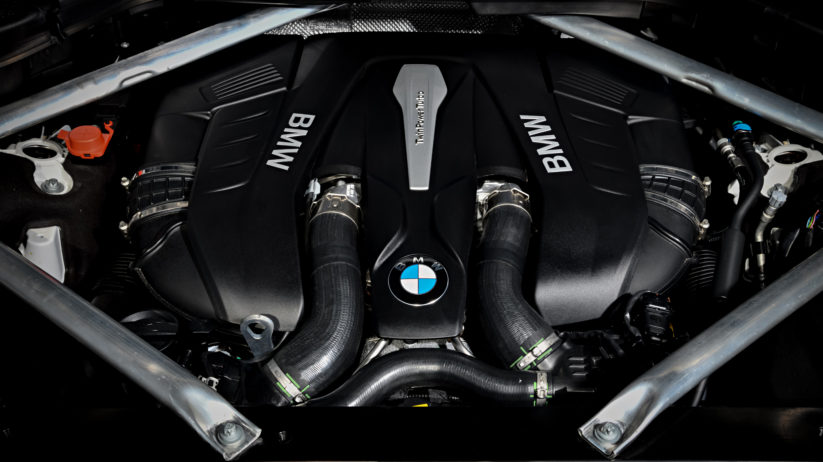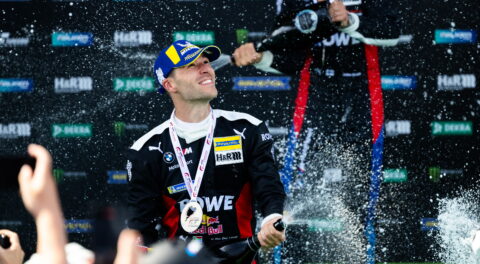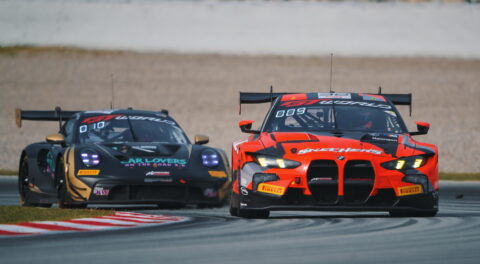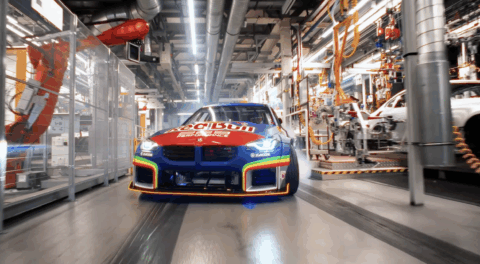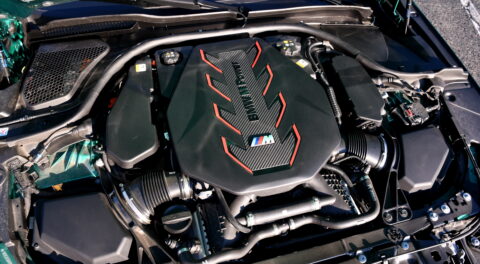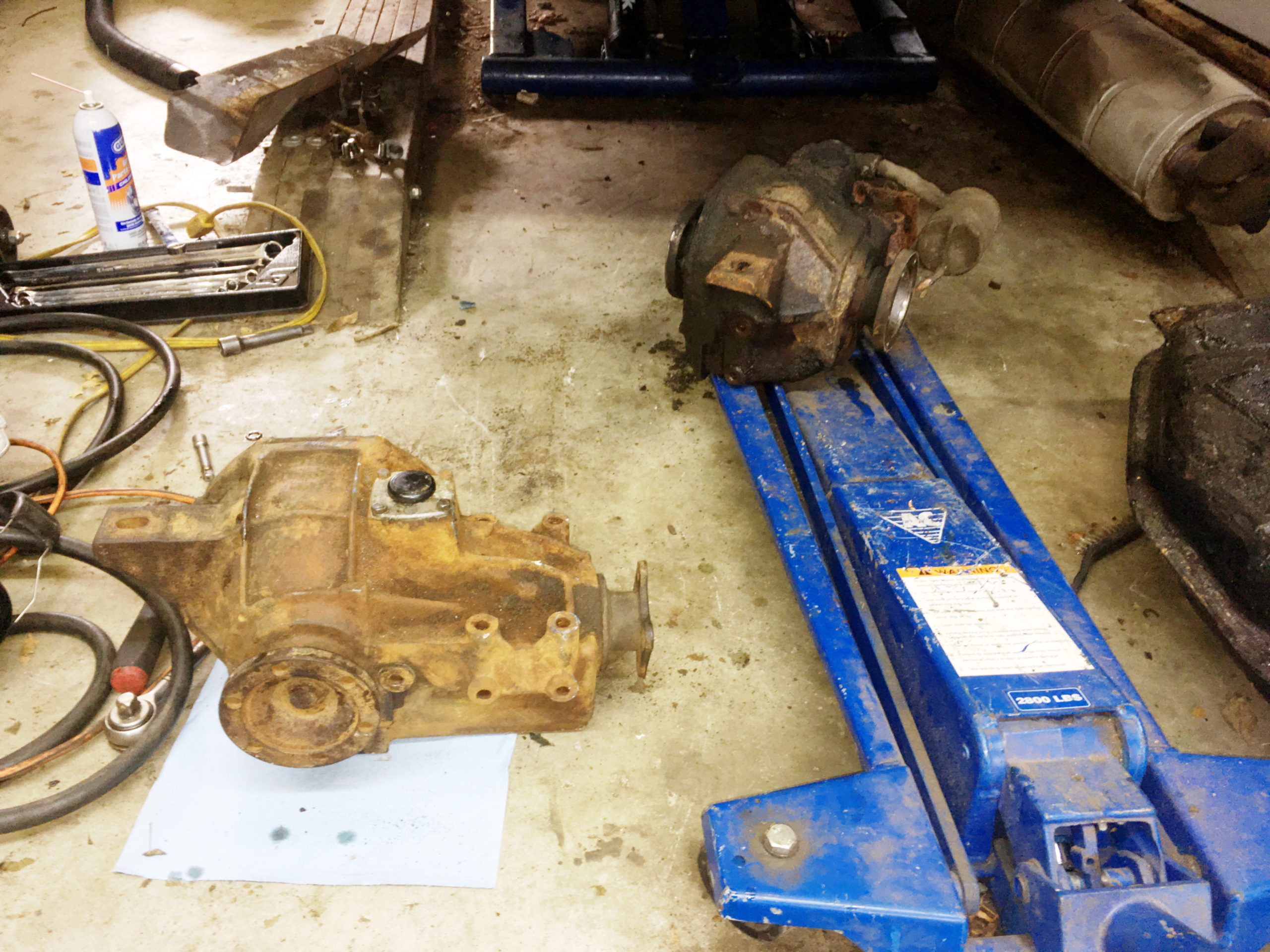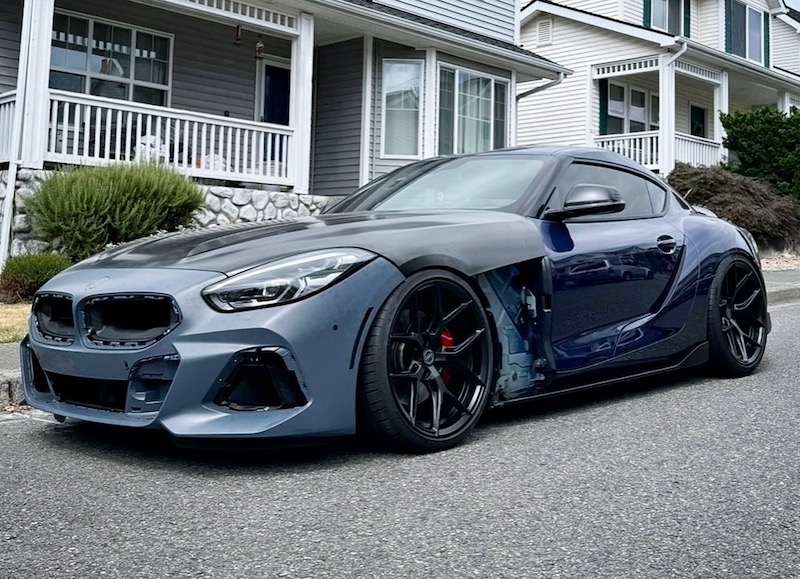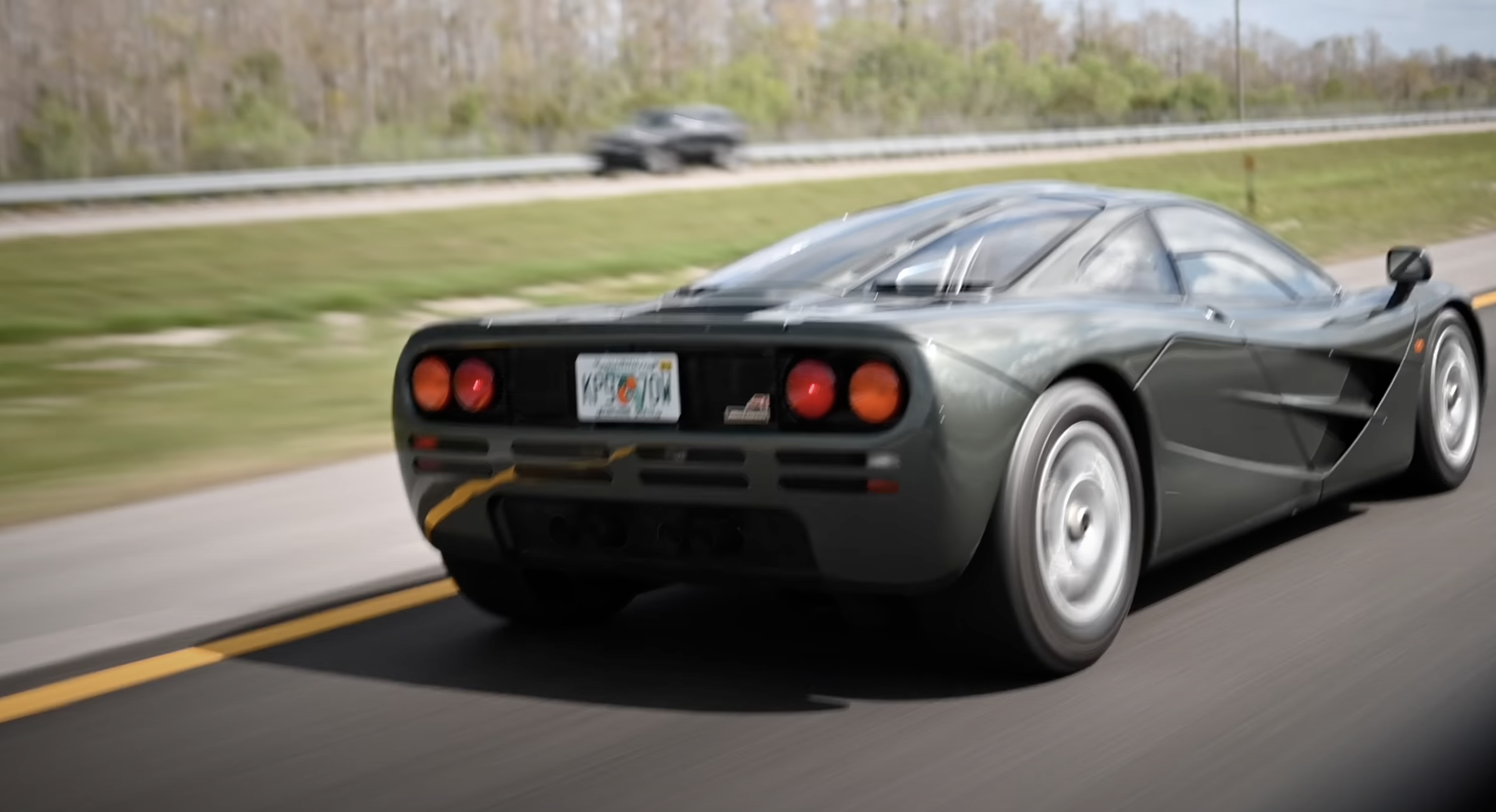According to a report by BMWBlog, a new V8 engine is in the development pipeline at BMW. Still an unconfirmed rumor with no source divulged, details and specifics are expectedly scarce, but speculation has it that the new, likely downsized power plant will hit the market in approximately two or three years, potentially under the hood of an upcoming M5 CS.
As we have discussed in great detail here on BimmerLife, the current N63 and S63 V8 engines found in upmarket BMW offerings can trace their origin back to 2008, with development having started even earlier. A decade is a long lifespan for a single underlying engine architecture to be used in the modern era, especially for a German manufacturer. The N63 and S63, however, are a pair of technologically trend-setting engines which came to market with concepts and componentry that the auto industry has sought to emulate in serial during the ensuing years. The N63 hasn’t been without more than it’s fair share problems, which bear mentioning, but as Audi, and more recently Mercedes-AMG have demonstrated, the direct-injected, twin-turbocharged hot-vee design is clearly the way forward.
Since their arrival, the N63 and M derivative S63 have been updated no fewer than four times each, as we chronicle in excruciating detail here. These changes, like the addition of higher pressure direct injection, upgrading from conventional to twin-scroll turbochargers, and the use of pulse-optimized intake and exhaust manifolds, which have been introduced incrementally over nearly twelve years, have facilitated great improvements in output and efficiency. The latest N63 makes about 120 more horsepower than the first version, while the S63 of today is also much more capable than the one that debuted in the first-generation X5 and X6 M in 2010.
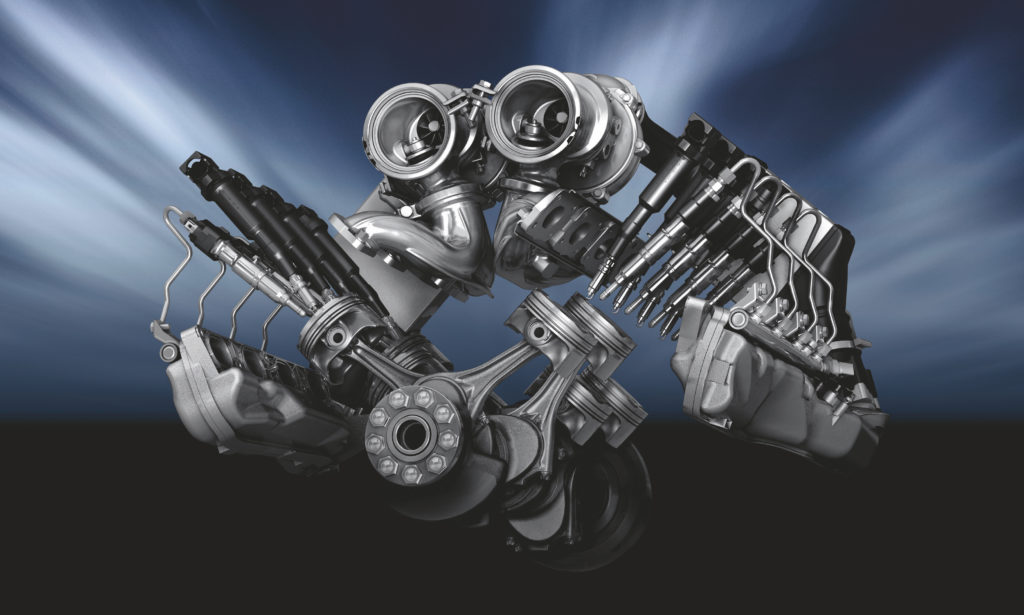
Even with perpetual upgrading and blistering performance in the latest generations, these engines are still long overdue for replacement in the minds of many. The N63 has been unable to shake it’s reputation as an unreliable oil burner, while the S63, currently offering up to 617 horsepower, seems to have largely avoided these problems, even though it is based upon the same 4,395cc architecture. BMW’s four- and six-cylinder engines have already been using a modular manufacturing process for almost a full generation now though, and at least a few of us have been wondering when (or if) BMW was going to follow suit with the V8.
As we have speculated, BMWBlog reports that BMW’s next-generation V8, currently referred to as the S68, will likely come in a downsized four-liter displacement. It is also believed to employ the same hot-vee and direct-injected formula that has become the preferred method in Germany, although some type of form of hybridization is also expected. Finally, as larger engines become more exclusive during the industry-wide transition to electrification, the S68 will most likely be reserved for very powerful and exclusive performance oriented vehicles, like the next-generation M5. A four-liter displacement makes perfect sense considering the current 500cc cylinder volume of the B48 four-cylinder and B58 six-cylinder, meaning the S68 would likely be built using the same tooling currently in use for the aforementioned modular designs.
We’re quite excited that BMW is sticking with internal combustion for the foreseeable future at time when other German rivals are looking to exit the realm completely, and can’t wait to see how a modular V8 fares in the real world.—Alex Tock
[Photos courtesy BMW AG.]

